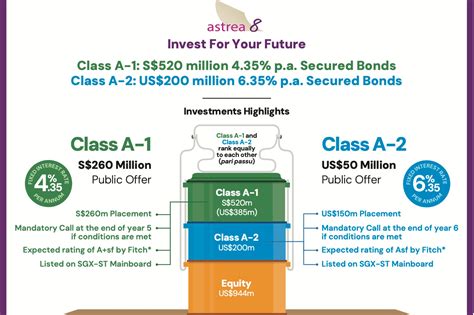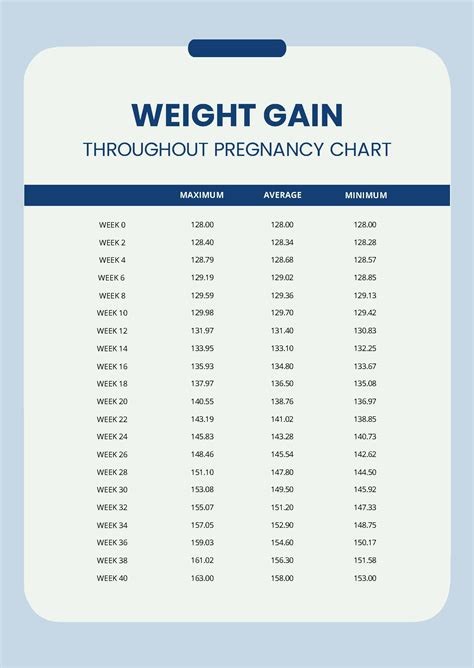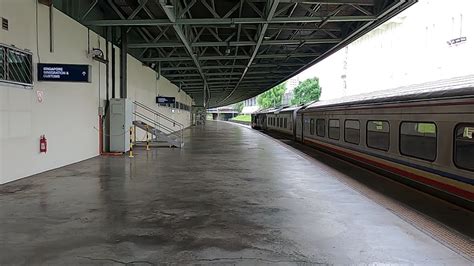Introduction

Singapore’s foreign workforce plays a pivotal role in the country’s economic development. To ensure a balanced workforce, the government has implemented various regulations, including quotas, to manage the inflow of foreign workers. This article provides an overview of the quota system for hiring foreign workers in Singapore, covering crucial aspects, figures, and practical tips for employers.
Quota-Based Work Pass Categories
Singapore employs a quota system for two primary work pass categories:
- S-Pass: Aimed at mid-skilled foreign professionals with a minimum monthly salary of S$2,500, the S-Pass quota is subject to industry-specific limits.
- Work Permit: Applicable to low-skilled foreign workers, Work Permits are also subject to industry-specific quotas, particularly in sectors like construction, manufacturing, and services.
Determining Quota Availability
The quota for each industry is determined annually by the Ministry of Manpower (MOM) based on economic conditions, labor market requirements, and the need to develop the local workforce. Employers can check the latest quota availability on the MOM website.
Applying for a Quota
To apply for a quota, employers must:
- Register their business with MOM
- Submit an application online through the FWD@SG portal
- Provide supporting documents, such as job descriptions, salary slips, and a business plan
Quota-Free Work Pass Categories
Certain work pass categories are exempt from quota restrictions, including:
- EntrePass: For foreign entrepreneurs who establish and run businesses in Singapore
- Personalized Employment Pass: For highly skilled professionals in specialized fields
- Employment Pass: For foreign professionals earning a minimum monthly salary of S$4,500
Tips for Employers
- Plan ahead: Start the quota application process well before hiring to avoid delays.
- Maximize local hiring: Pursue efforts to hire local workers to reduce reliance on foreign labor.
- Consider flexible work arrangements: Offer flexible work schedules or remote work options to attract and retain local talent.
- Explore training and development programs: Invest in training and development opportunities for local employees to enhance their skills and employability.
- Stay informed about regulations: Regularly check for updates on quota availability and changes to work pass policies.
Industry-Specific Quotas
The following table shows the S-Pass and Work Permit quotas for key industries in Singapore as of 2023:
| Industry | S-Pass Quota | Work Permit Quota |
|---|---|---|
| Construction | 20% | 90% |
| Manufacturing | 15% | 85% |
| Services | 10% | 80% |
| Financial Services | 5% | 5% |
| Information and Communications Technology | 5% | 5% |
Economic Impact of Foreign Workers
Foreign workers contribute significantly to Singapore’s economy:
- They fill skill gaps in key industries, particularly in sectors facing labor shortages.
- They contribute to economic growth by stimulating demand for goods and services.
- They bring diverse skills and knowledge to Singapore, enriching the local business ecosystem.
Challenges and Opportunities
The government recognizes the need to balance the inflow of foreign workers with the development of the local workforce. Some challenges and opportunities associated with the quota system include:
Challenges:
- Competition for skilled local workers
- Potential for wage stagnation
- Concerns about social integration
Opportunities:
- Collaboration between employers and educational institutions to train local workers
- Development of new industries and sectors to create more job opportunities for locals
- Investment in research and innovation to enhance productivity and reduce reliance on foreign labor
Conclusion
Singapore’s quota system for hiring foreign workers is a complex and multifaceted issue. By understanding the regulations, utilizing quota-free work pass categories, and exploring opportunities for local hiring, employers can navigate the workforce landscape effectively. The government’s focus on developing the local workforce, coupled with the contributions of foreign workers, will continue to shape Singapore’s labor market and economic development in the future.
















